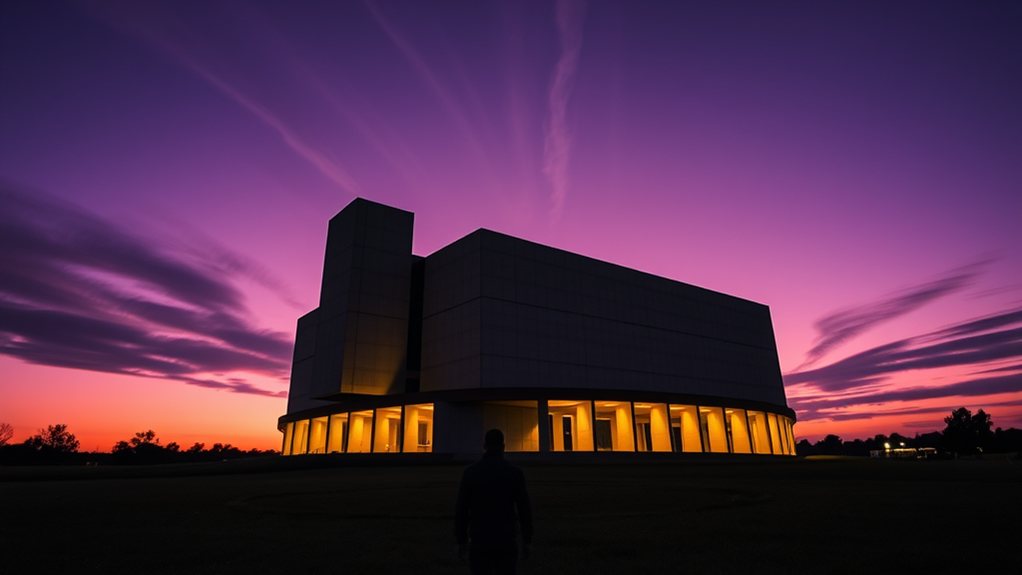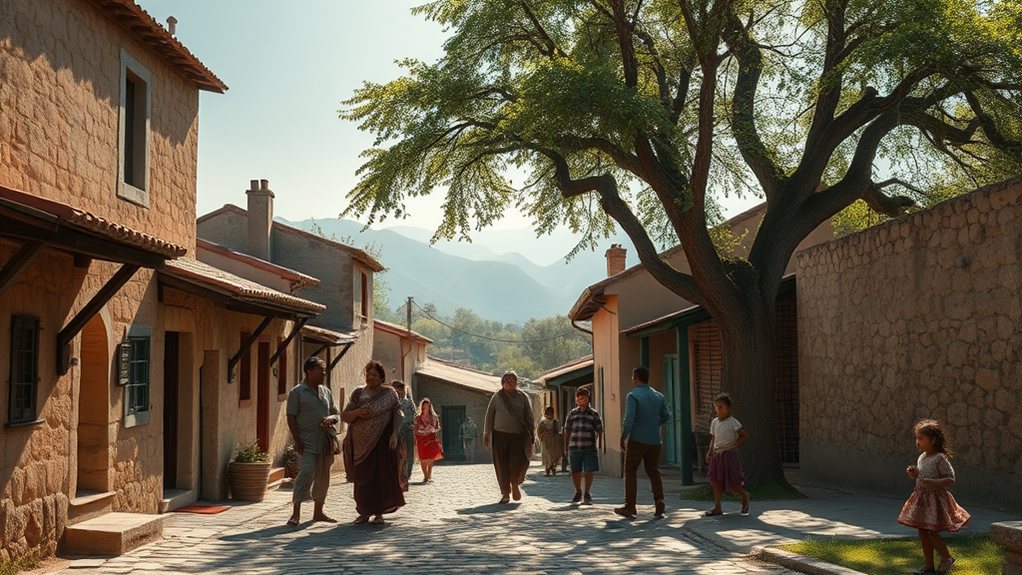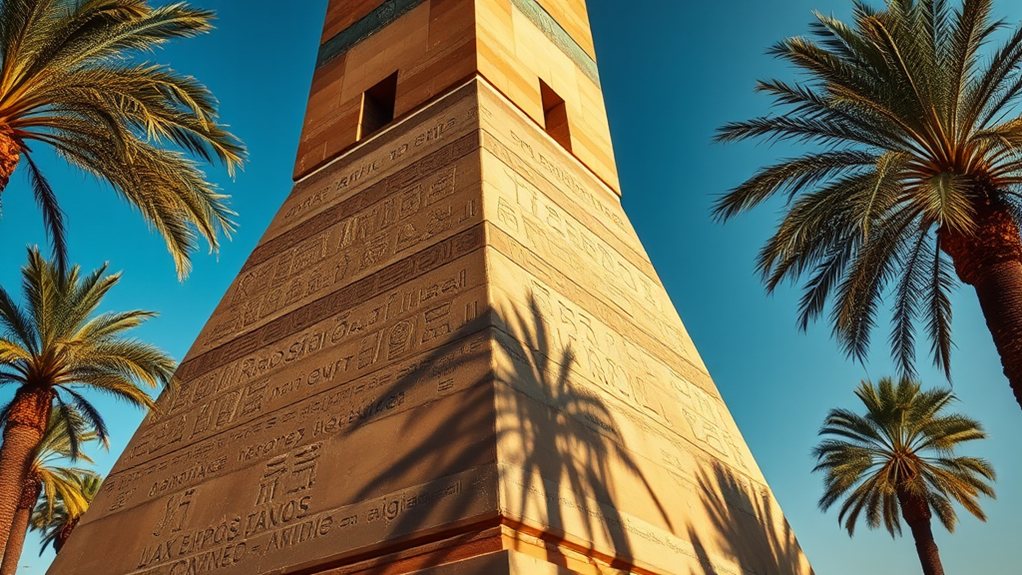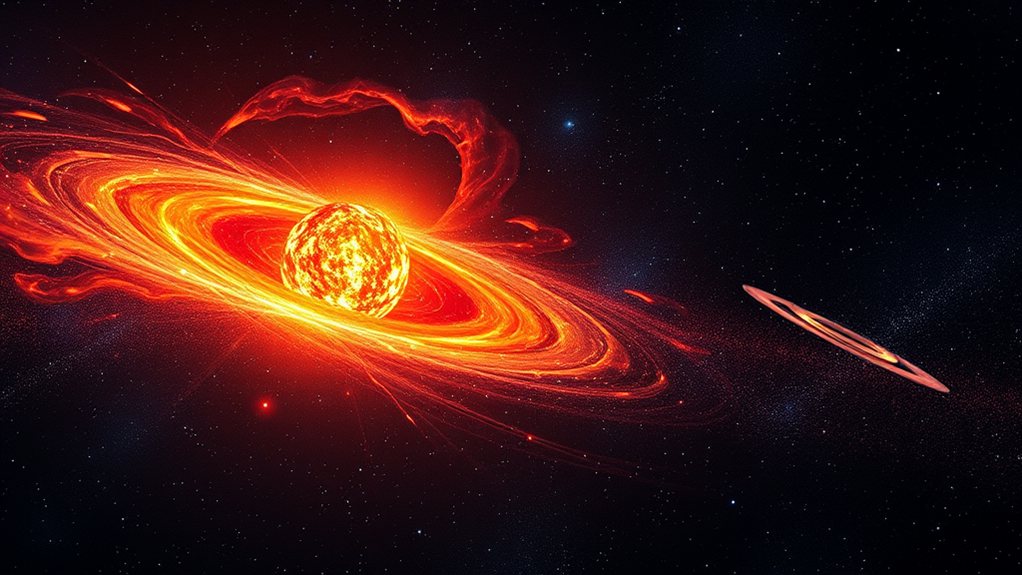
After 25 years of smashing particles together to reveal the secrets of the universe, Brookhaven National Laboratory‘s Relativistic Heavy Ion Collider (RHIC) is entering its final year of operation. The facility has made groundbreaking discoveries about the nature of matter and the early universe, including creating a special state of matter called quark-gluon plasma.
You’ll be interested to know that RHIC was the first facility to successfully create quark-gluon plasma on Earth. This exotic form of matter existed just after the Big Bang, and scientists were surprised to find it behaves like the most perfect liquid known, rather than the gas they expected.
During its final run through June 2025, RHIC will conduct gold-on-gold collisions at incredibly high energies – 200 billion electron volts. The facility’s sPHENIX detector aims to capture data from about 50 billion collision events, helping scientists better understand how matter behaved in the universe’s earliest moments.
What’s particularly exciting is that RHIC isn’t simply shutting down – it’s evolving. Many of its components will be repurposed for the new Electron-Ion Collider (EIC). This new facility will use electrons to study the building blocks of matter, including protons and neutrons, in ways that weren’t possible before.
The collider’s work has been vital in advancing our understanding of nuclear physics. Working alongside CERN’s Large Hadron Collider in Europe, RHIC has helped scientists piece together how matter behaved in the moments after the Big Bang, when temperatures were hotter than anything we see in today’s universe.
As RHIC prepares for its final collisions, scientists are working to collect as much data as possible. They’re using sophisticated triggers to analyze collision characteristics in real time, ensuring they don’t miss any important events.
This final year of operation represents both an end and a beginning – while RHIC’s era is coming to a close, its legacy will continue through the EIC and the countless discoveries it has made possible.







